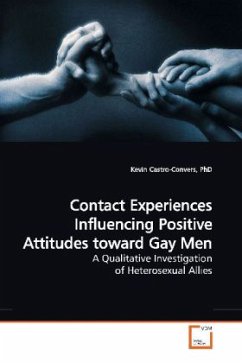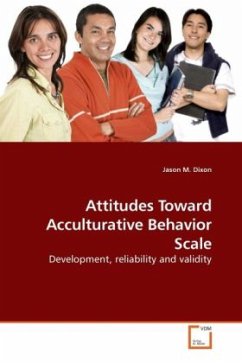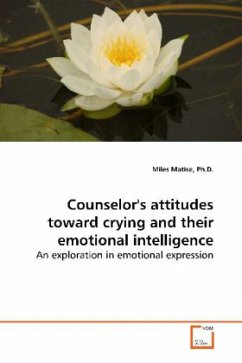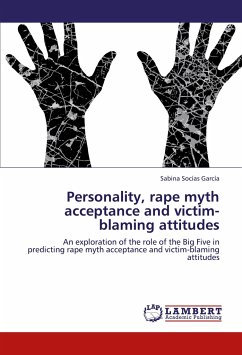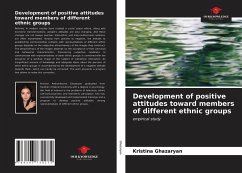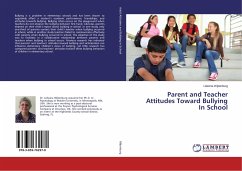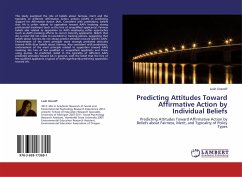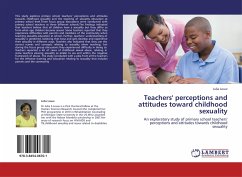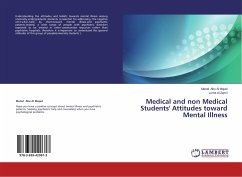
Effect of Relgiosity, Gender, and Gender Role on Attitudes Toward Rape
The Effects of Religiosity, Gender Differences, and Traditional Gender Role Endorsement on Attitudes Toward victims of Rape and Rape Myth Acceptance
Versandkostenfrei!
Versandfertig in 6-10 Tagen
32,99 €
inkl. MwSt.

PAYBACK Punkte
16 °P sammeln!
The purpose of this work was to explore the relationship of religiosity, gender, and gender role affiliation to rape myth acceptance, attitudes toward rape victims, and victim blaming among college students. The results from this study suggested that religiosity had little influence on views of rape, rape myth acceptance, and victim blaming. However, gender differences emerged with males significantly more likely than females to express greater acceptance of rape myths, hold negative attitudes toward rape victims, and assign greater victim blame for the sexual assault. Those who adopted more t...
The purpose of this work was to explore the relationship of religiosity, gender, and gender role affiliation to rape myth acceptance, attitudes toward rape victims, and victim blaming among college students. The results from this study suggested that religiosity had little influence on views of rape, rape myth acceptance, and victim blaming. However, gender differences emerged with males significantly more likely than females to express greater acceptance of rape myths, hold negative attitudes toward rape victims, and assign greater victim blame for the sexual assault. Those who adopted more traditional gender roles, were more likely to endorse rape myths and view the rape victims as more accountable for their assault than those who were more egalitarian. The need for increased understanding of factors that contribute to the development of attitudes and beliefs about sexual assault for purposes of rape prevention programing were also discussed.



